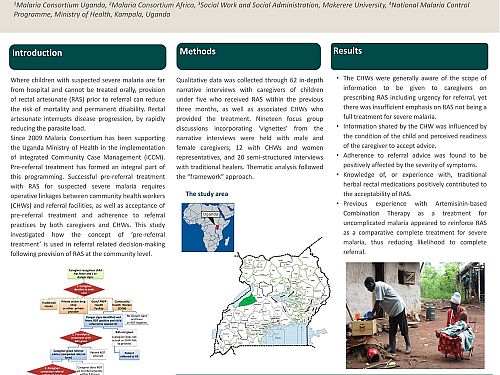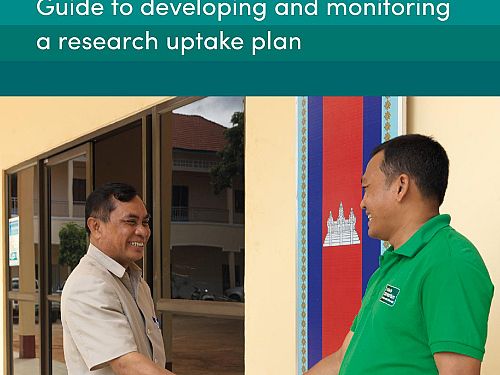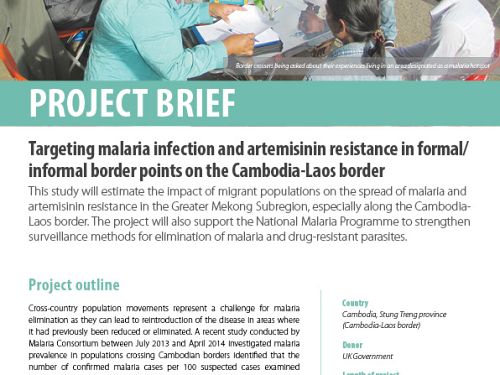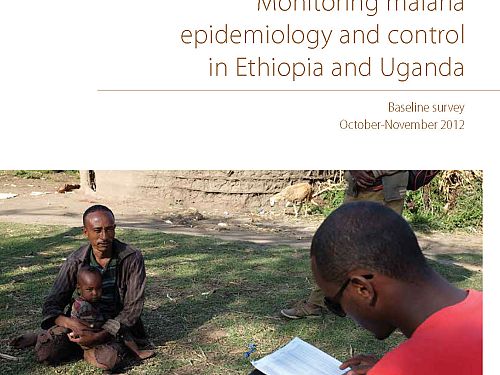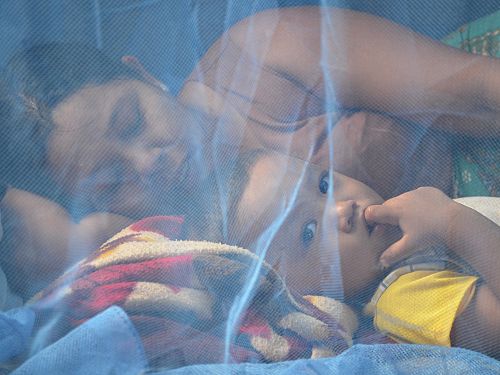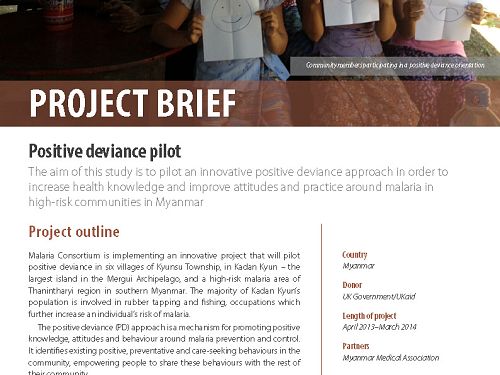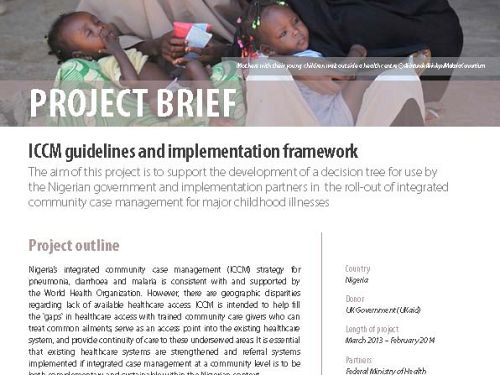Scoping exercise in Nigeria for improved nutrition
Programme Partnership Arrangement (PPA) funding from the UK government supported a scoping visit to Nigeria in June 2015 to assess needs and opportunities for new projects in the country. The exercise showed that there is a clear need and opportunity, as well as high acceptability among national stakeholders, for Malaria Consortium to carry out work in improving nutrition outcomes in the country. A number of interventions were identified which would be feasible for Malaria Consortium to implement: for example, the inclusion of nutrition interventions at community level through our seasonal malaria chemoprevention and community case management work, as well as the development of context-appropriate training materials related to nutrition.
Purpose
The purpose of the exercise was to explore the provision of nutrition related services for vulnerable children, including the identification of gaps. This information was used to assess the opportunity, feasibility and acceptability of future Malaria Consortium nutrition programming in Nigeria.
Background
Adequate nutrition is essential to children’s growth and development. Until two years of age, children are in a critical stage of their physical and mental health as well as cognitive growth. However, this period is often marked by protein-energy and micronutrient deficiencies that interfere with optimal growth. Illnesses such as malaria, diarrhoea and acute respiratory infections are also common. In Nigeria, children can suffer up to six attacks of malaria a year. Frequent illness can result in a downward spiral of acute illness and malnutrition which, if not halted, can result in death, long-term absenteeism from school or developmental problems.
In Nigeria, 37 percent of children under age five are stunted. Eighteen percent are wasted, and 29 percent are underweight. Just 17 percent of children under six months are exclusively breastfed with the median duration of exclusive breastfeeding being 0.5 months. Overall, only 10 percent of children aged 6-23 months are fed appropriately based on recommended infant and young child feeding practices. Eleven percent of women are undernourished (BMI <18.5), (DHS 2013).
Malaria Consortium has offices in Nigeria, Including in Abuja and nine other states. Malaria Consortium carries out seasonal malaria chemoprevention distributions in Sokoto, Zamfara, Katsina and Jigawa states and integrated community case management of childhood illnesses in Niger state.
Methods
The scoping visit team visited Sokoto and Niger states to discuss with the state ministries of health, The National Primary Health Care Agency, the Department of Local Government Areas, the maternal and child health and nutrition divisional heads and the Department of Women’s Affairs.
They also visited community members, community health volunteers, outpatient therapeutic programme sites and stabilisation centres in Sokoto and Niger states.
In Abuja, the team visited the Federal Ministry of Health to discuss the situation with the Child Health Department, including the nutrition division.
The team also visited implementing partners and donors.
Gaps identified
- Inadequate training of community health volunteers to identify cases and conduct preventive activities.
- Lack of focus on nutrition interventions, especially nutrition for girls, adolescents and women of child-bearing age.
- Lack of understanding of the causes of malnutrition, particularly regarding food availability, utilisation and access – including community knowledge, attitudes and practices around feeding of young children.
- Shortage of commodities, limiting intervention coverage.
- Lack of a finalised protocol for management of sick and malnourished children in stabilisation centres.
- Greater need for focus on interpersonal communication and counselling skills for community health workers
- Lack of understanding of the customs and practices associated with breast feeding and weaning
- Incomplete coverage of local government areas where children are malnourished due to a lack of resources

